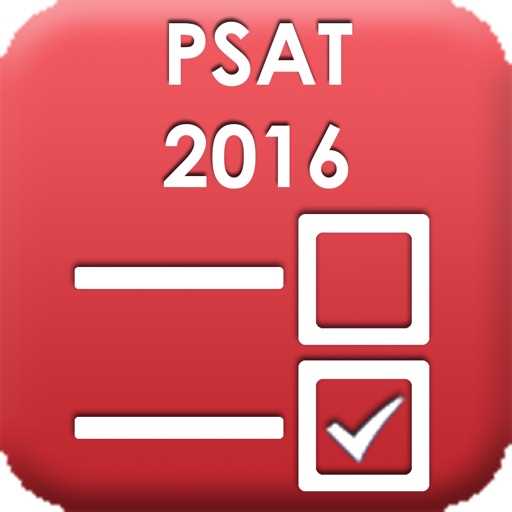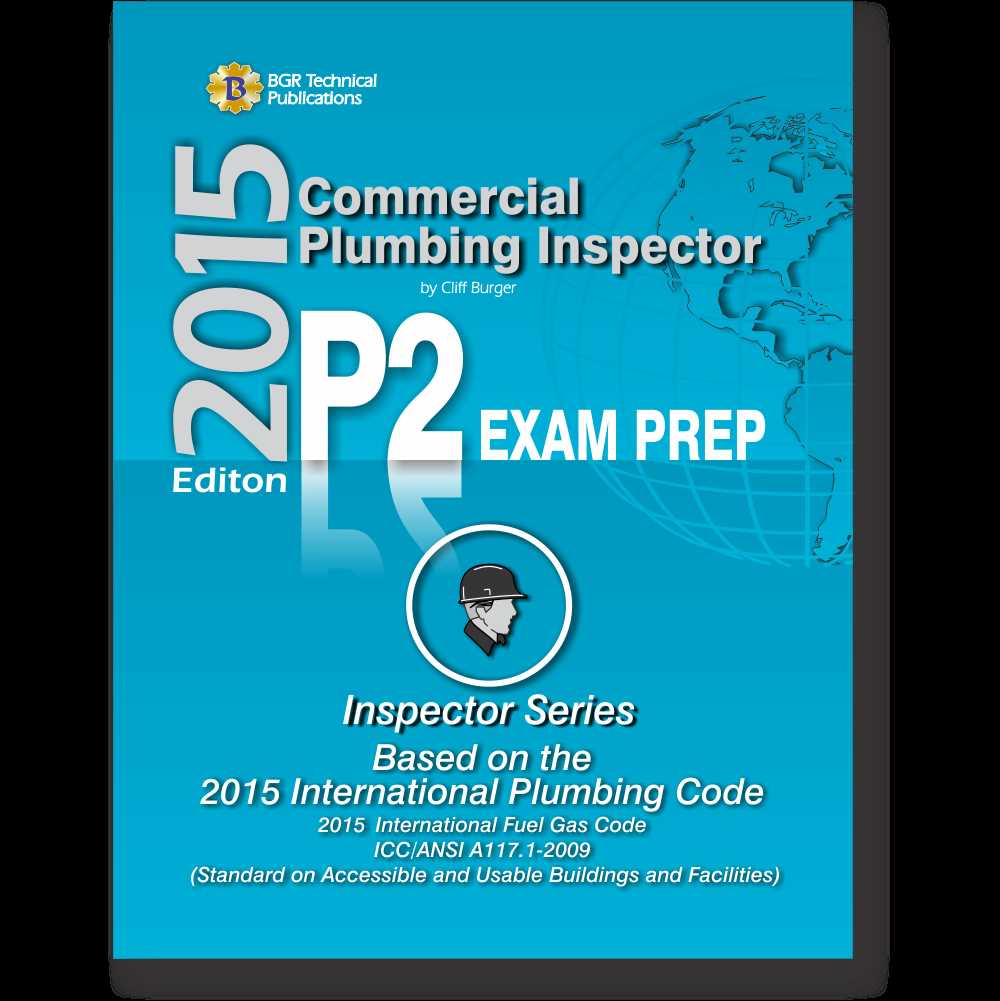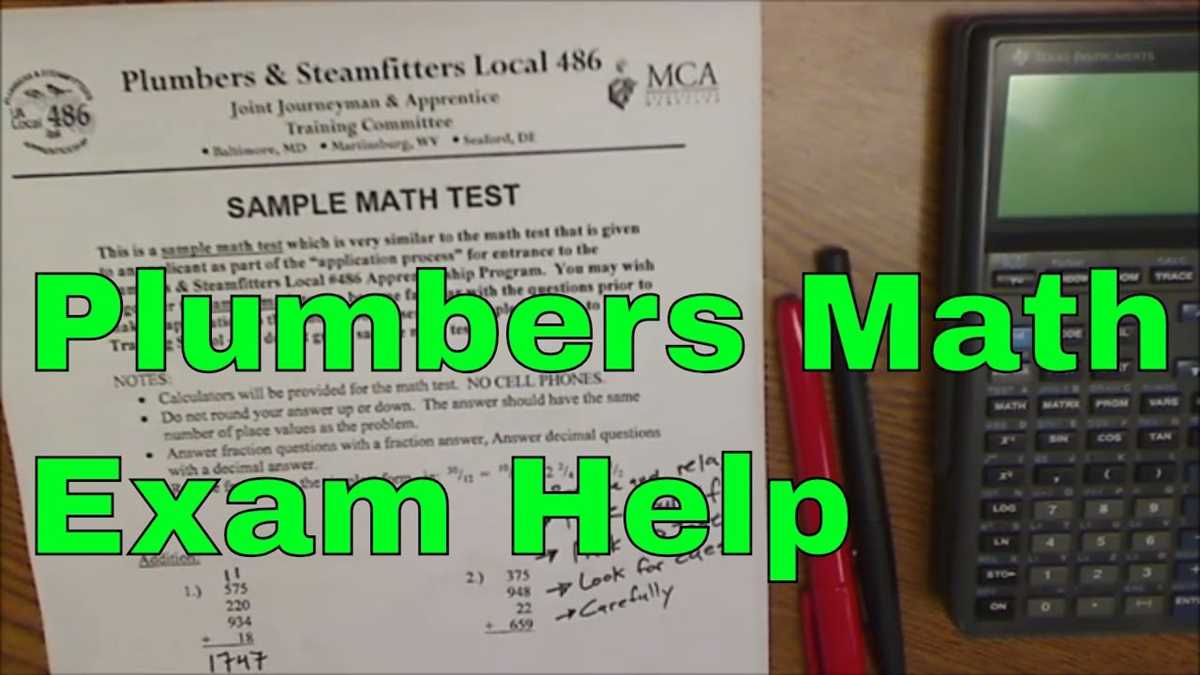
Are you pursuing a career in plumbing and looking to test your knowledge and skills? One of the key steps in becoming a certified plumber is passing the plumbing exam. This rigorous examination assesses your understanding of plumbing principles, codes, and regulations, and ensures that you are equipped with the necessary skills to handle various plumbing tasks.
Preparing for your plumbing exam requires a comprehensive study plan and dedicated practice. By familiarizing yourself with the exam format, practicing different types of questions, and reviewing relevant study materials, you can increase your chances of success. This article will provide you with essential tips and resources to help you prepare effectively and confidently for your upcoming plumbing exam.
When studying for your plumbing exam, it is crucial to cover all the fundamental areas of plumbing. This includes understanding plumbing systems, pipes and fittings, drainage and sewage systems, water supply systems, and plumbing codes and regulations. By developing a strong foundation in these core areas, you will be able to tackle complex plumbing problems and answer exam questions effectively.
What is a plumbing exam?
A plumbing exam is a standardized test that assesses the knowledge and skills of individuals seeking to become licensed plumbers. It is an important step in the certification process and helps ensure that plumbers are qualified to perform their duties safely and effectively.
The exam typically consists of both written and practical components. The written portion tests the candidate’s understanding of plumbing codes, regulations, and theoretical concepts. It may cover topics such as pipe sizing, water supply systems, drainage systems, and plumbing fixtures. The practical component, on the other hand, assesses the candidate’s ability to perform various plumbing tasks, such as installing pipes, repairing leaks, and troubleshooting plumbing issues.
Preparing for a plumbing exam requires studying the relevant plumbing codes and regulations, reviewing plumbing principles and techniques, and practicing hands-on skills. Many candidates choose to enroll in plumbing courses or apprenticeships to enhance their knowledge and experience prior to taking the exam. Additionally, there are various study materials and practice exams available to help candidates prepare for the test.
Passing a plumbing exam is crucial for individuals who wish to work as licensed plumbers. It not only demonstrates their competency in the field but also provides them with the opportunity to pursue a rewarding career in plumbing. Once licensed, plumbers can work independently, start their own plumbing businesses, or seek employment with plumbing companies, construction firms, or government agencies.
Importance of taking a practice plumbing exam

Preparing for a plumbing exam can be a challenging task for aspiring plumbers. It requires in-depth knowledge of plumbing codes, installation techniques, and repair procedures. One of the most effective ways to ensure success on the actual exam is to take practice plumbing exams. These mock exams simulate the real exam environment and help candidates identify their strengths and weaknesses.
Practice plumbing exams provide candidates with an opportunity to test their knowledge and skills in a timed setting. They are designed to cover a wide range of topics that may be included in the actual exam, such as plumbing systems, safety regulations, and troubleshooting methods. By taking these practice exams, candidates can gauge their level of preparedness and focus their studying on areas that require improvement.
Additionally, practice plumbing exams help candidates become familiar with the format and structure of the actual exam. They provide a realistic experience of what to expect on the test day, including the types of questions, level of difficulty, and time constraints. This familiarity can greatly reduce test anxiety and increase confidence, improving overall performance.
Moreover, practice plumbing exams allow candidates to learn from their mistakes. By reviewing the answers and explanations provided after each practice exam, candidates can identify areas where they made errors and understand the correct approach. This enables them to strengthen their knowledge and skills, ensuring better performance on the actual exam.
In summary, taking practice plumbing exams is crucial for aspiring plumbers as it helps them assess their readiness, familiarize themselves with the exam format, and learn from their mistakes. By investing time in practicing, candidates can increase their chances of passing the actual exam and starting a successful plumbing career.
How to prepare for a plumbing exam
Preparing for a plumbing exam requires a combination of theoretical knowledge and practical skills. Here are some steps to help you prepare effectively:
- Review the exam syllabus: Start by familiarizing yourself with the exam syllabus, which will outline the topics and areas that will be covered in the test. Make a list of these topics to keep track of what you need to study.
- Study plumbing textbooks: Use textbooks and study materials designed for plumbing exams to gain a solid theoretical foundation. Make sure to cover all the topics mentioned in the syllabus and take notes for later revision.
- Practice solving plumbing problems: Hands-on practice is crucial for developing your problem-solving skills. Look for sample plumbing problems and practice solving them. This will help you understand the concepts better and familiarize yourself with the types of questions that may appear in the exam.
- Join a study group: Collaborating with other aspiring plumbers can be beneficial. Join a study group where you can discuss and exchange ideas, clarify doubts, and learn from each other’s experiences. Group discussions can help reinforce your understanding of plumbing concepts and improve your problem-solving abilities.
- Take mock exams: Mock exams are a great way to assess your readiness for the actual plumbing exam. Look for practice exams specifically designed for plumbing and time yourself while taking these tests. Analyze your performance, identify areas of weakness, and dedicate more study time to those topics.
- Stay updated with plumbing codes and regulations: Plumbing exams often include questions related to current plumbing codes and regulations. Stay updated with the latest codes and regulations in your area by referring to industry publications and websites. This knowledge will not only help you in the exam but also in your future plumbing career.
Remember to create a study schedule and allocate sufficient time for each topic. Regular and consistent study, combined with practical practice, will greatly enhance your chances of success in the plumbing exam.
Study the plumbing code.

To become a licensed plumber, it is essential to study and understand the plumbing code. The plumbing code provides regulations and guidelines for the design, installation, and maintenance of plumbing systems. It includes provisions for the proper sizing of pipes, the required materials and fittings, and the correct methods for venting and drainage.
Studying the plumbing code is crucial because it ensures that plumbers follow industry standards and best practices. By adhering to the code, plumbers can ensure the safety and functionality of plumbing systems, preventing potential issues such as leaks, backflows, or improper connections. Additionally, understanding the code allows plumbers to stay informed about any updates or revisions that may have occurred, ensuring their work remains compliant with the latest regulations.
Some key areas to focus on when studying the plumbing code include:
- Pipe sizing: Understanding how to properly size pipes based on the water demand and flow rates is essential for efficient plumbing system design. The plumbing code provides charts and formulas for determining the appropriate pipe sizes for different applications.
- Materials and fittings: The plumbing code specifies the types of materials and fittings that are suitable for different plumbing applications. It is important to be familiar with the approved materials and fittings to ensure the longevity and reliability of the plumbing system.
- Venting and drainage: Proper venting and drainage are crucial for preventing sewer gases from entering the building and ensuring the efficient removal of waste and wastewater. The plumbing code outlines the requirements for venting and drainage systems, including pipe sizes, slopes, and vent locations.
- Backflow prevention: Backflow, which occurs when the flow of water is reversed, can contaminate the potable water supply. The plumbing code includes regulations for backflow prevention devices and their installation, ensuring the safety of the water supply.
By studying the plumbing code thoroughly, plumbers can demonstrate their knowledge and expertise in the industry. It serves as a valuable resource for ensuring the proper installation and maintenance of plumbing systems, ultimately promoting safety and efficiency in buildings and homes.
Review plumbing principles and techniques

In order to successfully pass a plumbing exam, it is important to review and understand the fundamental principles and techniques of plumbing. This includes having a solid understanding of the various systems and components that make up a plumbing system, as well as the proper techniques for installation and repair.
One of the key principles of plumbing is ensuring proper water flow and drainage. This requires an understanding of how pipes and fittings work together to create a seamless and efficient system. Plumbers must also have knowledge of the different types of pipes and fittings, as well as their respective uses and limitations.
Another important aspect of plumbing is the ability to read and interpret plumbing blueprints and diagrams. Plumbers must be able to identify the location and connection points of various fixtures and equipment, as well as understand the layout of the piping system. This is crucial for proper installation and troubleshooting.
Additionally, plumbers should have a good understanding of plumbing codes and regulations. Compliance with these codes is essential for ensuring the safety and integrity of the plumbing system. This includes knowledge of pipe sizing, venting requirements, and fixture placement.
Overall, reviewing plumbing principles and techniques is essential for success in a plumbing exam. By having a strong foundation of knowledge, plumbers can confidently tackle any question or problem that may arise during the exam and in their future careers.
Practice with sample plumbing exam questions
Preparing for a plumbing exam can be challenging, but practicing with sample questions can help you familiarize yourself with the format and content of the test. It is essential to have a solid understanding of plumbing principles, codes, and regulations to succeed in the exam. By reviewing and answering practice questions, you can identify areas where you need to focus your studying efforts.
One type of question you may encounter in a plumbing exam is a multiple-choice question. These questions provide a stem, which describes a scenario or problem, followed by several answer choices. It is crucial to carefully read the stem and all the answer choices before selecting the correct answer. Pay attention to any specific details or keywords in the question that may help you eliminate incorrect options.
Another common type of question in plumbing exams is a calculation or problem-solving question. These questions require you to apply your knowledge of plumbing principles and formulas to solve a specific problem. Make sure to show all your work and calculations to receive full credit for your answer. It is essential to practice these types of questions to improve your problem-solving skills and ensure you can effectively apply your knowledge in real-life plumbing scenarios.
Additionally, you may encounter questions that test your understanding of plumbing codes and regulations. These questions require you to have a thorough knowledge of the relevant codes and regulations in your jurisdiction. Stay up to date on any recent changes and revisions to the codes to ensure you are well-prepared for these types of questions.
Benefits of practicing with sample plumbing exam questions

Practicing with sample plumbing exam questions offers several benefits. First, it helps you become familiar with the format and structure of the exam. By reviewing and answering sample questions, you can develop a strategy for managing your time and navigating through the exam efficiently.
Second, practicing with sample questions allows you to identify any knowledge gaps or areas where you need to focus your studying efforts. By reviewing your answers and analyzing any incorrect responses, you can pinpoint areas where you need to review and reinforce your understanding of plumbing concepts.
Finally, practicing with sample questions helps build your confidence and reduces test anxiety. By becoming familiar with the types of questions you may encounter in the exam, you can approach the test with more confidence and less stress. Regular practice also improves your overall understanding of plumbing principles, ensuring you are well-prepared for the exam and future plumbing endeavors.
Benefits of using online resources for practicing plumbing exams
Preparing for a plumbing exam can be quite challenging, especially when it comes to understanding and remembering complex concepts and procedures. However, with the availability of online resources, aspiring plumbers now have an efficient and convenient way to improve their skills and knowledge. Online resources offer a range of benefits that can greatly assist in preparing for plumbing exams.
1. Access to comprehensive study materials: Online resources provide access to a wide range of study materials, such as textbooks, practice exams, and instructional videos. These materials cover all the essential topics and concepts that are included in plumbing exams, allowing individuals to study at their own pace and delve deeper into areas they find particularly challenging. With online resources, plumbers can access a vast amount of information, ensuring they are well-prepared for their exams.
2. Interactive learning opportunities: Online resources often offer interactive learning opportunities, such as virtual simulations and quizzes. These tools allow aspiring plumbers to practice their skills in a virtual environment, which can be especially useful for hands-on topics like pipe fitting and troubleshooting. By engaging in interactive exercises, individuals can reinforce their understanding of plumbing concepts and gain practical experience that can help them excel in their exams.
3. Flexibility and convenience: One of the greatest advantages of using online resources for practicing plumbing exams is the flexibility and convenience they offer. Individuals can access the materials and resources anytime and anywhere, as long as they have an internet connection. This allows plumbers to fit their study sessions around their busy schedules, making it easier to dedicate sufficient time to exam preparation without disrupting their other commitments.
4. Real-time feedback and progress tracking: Many online resources for plumbing exams offer features that provide real-time feedback and progress tracking. With these tools, individuals can assess their knowledge and performance instantly, identifying areas they need to focus on and tracking their progress over time. This feedback loop is invaluable in identifying strengths and weaknesses, allowing plumbers to adapt their study plans accordingly and maximize their chances of success in their exams.
Overall, the use of online resources for practicing plumbing exams provides numerous benefits, ranging from access to comprehensive study materials to flexible learning options. By taking advantage of these resources, aspiring plumbers can enhance their understanding and skills, ensuring they are well-prepared to pass their exams and succeed in their plumbing careers.